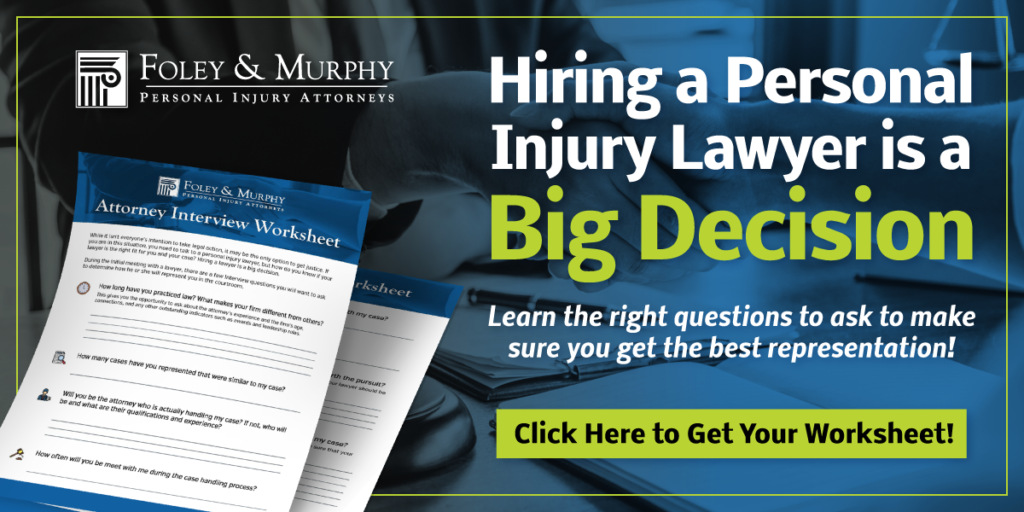Sustaining an injury in the workplace can be a daunting experience, leaving you feeling overwhelmed and unsure of what to do next. Developing an understanding of your legal rights after a workplace injury is essential for protecting yourself and ensuring you receive the compensation you deserve.
Find out Why Does FDA Recall Medical Implants?
What is a Workplace Injury?
Workplace injuries refer to any kind of injury or illness that takes place while an individual is carrying out work-related responsibilities as a part of their employment. It can happen in any type of workplace, including offices, factories, construction sites, and retail stores. Workplace injuries can range from minor cuts and bruises to serious and life-altering injuries such as traumatic brain injuries and amputations.
Common examples of workplace injuries include:
- Slip and Fall: This occurs when an employee slips or falls on wet floors, uneven surfaces, unstable ladders, or other hazardous conditions.
- Struck by or against: This happens when an employee is hit by a falling object, moving machinery, or other items.
- Burns: Involve exposure to heat, chemicals, or electricity.
- Cuts and lacerations: These can include tools or machinery, such as saws, knives, or other sharp objects.
- Vehicle accidents: This involves employees driving for work purposes, such as delivering items or construction workers operating heavy equipment.
Involved in a Workplace Injury: What Are Your Legal Rights?
Workers’ Compensation Act
The aim of the Workers’ Compensation Act is to provide benefits to employees who have been injured or become ill due to their work, and to help them in their recovery and return to work. Employers are obligated to have insurance coverage for work-related injuries, which safeguards them from personal injury lawsuits. If you have been injured at work, it’s crucial to seek any required medical attention and report the injury to your employer. Consulting with a workers’ compensation attorney can help you navigate the claims process and receive the benefits you are entitled to.
Personal Injury Lawsuit
If your injury was caused by the negligence of someone other than your employer or a co-worker, you may be able to file a personal injury lawsuit. For instance, if a faulty product caused an injury, you could file a lawsuit against the manufacturer. Personal injury lawsuits seek compensation for damages, such as medical expenses, lost wages, and emotional distress. It is advisable to seek guidance from a personal injury lawyer who can assist you in determining the best course of action based on your particular circumstances.
Seek an Experienced Lawyer
If you have been injured in a workplace accident, it is crucial to seek help from a personal injury attorney. This person will navigate the complex legal process of obtaining compensation for your injuries—including medical expenses, lost wages, and pain and suffering. They can also investigate the circumstances of your accident and determine if there are any parties liable beyond your employer, such as a negligent third party. With the help of a personal injury attorney, you can ensure that you receive the compensation you deserve.









